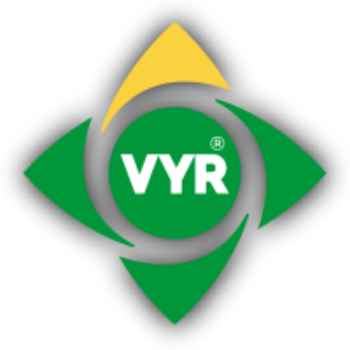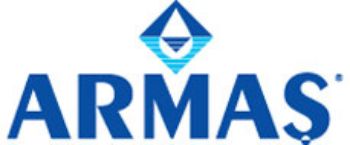Cookies help us deliver our services. By using our services, you agree to our use of cookies.
USD
Search store
Close
Shopping cart
Close
You have no items in your shopping cart.
All Categories
Menu
Close
-
All Categories
- Back
-
Sprinklers
- Back
- Gear Drive Sprinklers (19)
- Impact Sprinklers (52)
- High Volume Impact Sprinklers (22)
- Spray Heads (0)
- Rotor Sprinklers (61)
- Rotary Sprinklers (6)
- Micro Sprinklers (8)
- Pivot Sprinklers (23)
- Oscillating Sprinklers (3)
- Nozzles (9)
- Wheeled Carts (4)
- Stands (4)
- Skid Bases (3)
- Sprinkler Sets (24)
- Spare Parts (12)
- Drip Irrigation
- Travelling Irrigators
- Boom Systems (0)
- Pivot Irrigation
- Filtration
- Fertigation
-
Valves
- Back
- Poly Air Release Valves (0)
- Metal Air Release Valves (0)
- PVC Ball Valves (0)
- Poly Ball Valves (0)
- Brass Ball Valves (0)
- Stainless Steel Ball Valves (1)
- PVC Check Valves (0)
- Poly Check Valves (0)
- Brass Check Valves (1)
- Poly Foot Valves (1)
- Metal Foot Valves (10)
- Gate Valves (2)
- Butterfly Valves (2)
- Plastic Float Valves (0)
- Metal Float Valves (0)
- Solenoid Valves (14)
- Plastic Hydraulic Control Valves (11)
- Cast Hydraulic Control Valves (25)
- Plastic Backwash Valves (0)
- Cast Backwash Valves (1)
- Valve Boxes (0)
- Other Valves (0)
- Irrigation Controllers
- Water Meters
- Pipes
-
Pipe Fittings
- Back
- PVC Pipe Fittings (0)
- Barbed LD Poly Pipe Fittings (1)
- Metric Compression Fittings (34)
- Rural Compression Fittings (21)
- Threaded Fittings (14)
- Aluminium Connection Fittings (9)
- Galvanised Connection Fittings (1)
- Brass Connection Fittings (0)
- Plastic Connection Fittings (1)
- Electrofusion Fittings (0)
- Butt Welding Fittings (0)
- Manifold Fittings (0)
- Tapping Saddles (2)
- Hydrants (0)
- Irrigation Glue & Tools (0)
- Pipe Accessories (0)
- Hoses
- Hose Fittings
- Hose Reels
-
Pumps
- Back
- Household Pumps (0)
- Submersible & Drainage Pumps (6)
- Circulating Pumps (0)
- Dosing Pumps (0)
- Pressure Boost Pumps (0)
- Borehole Pumps (0)
- Solar Pump Systems (0)
- Electric Inline Centrifugal Pumps (8)
- Electric End Suction Close Coupled Centrifugal Pumps (0)
- Electric End Suction Long Coupled Centrifugal Pumps (0)
- Electric Control Panels (0)
- PTO Driven Centrifugal Pumps (8)
- PTO Driven Slurry Centrifugal Pumps (0)
- Hydraulic Driven Centrifugal Pumps (0)
- Self Priming Centrifugal Pumps (0)
- Slurry Pumps (0)
- Diesel Pump Sets (2)
- Petrol Pump Sets (4)
- Firefighting Pumps (0)
- Transfer Pumps (0)
- Pump Accessories (0)
- Soil Sensors
- Irrigation Automation Solutions
- Water Tanks & Dams
- Training Courses
- Home page
- Start Selling Now
- Brands
- Search
- My account
- Contact us
Manufacturers

Newsletter
Wait...
Information
My account
Customer service
Copyright © 2026 IrriFinder. All rights reserved.








































